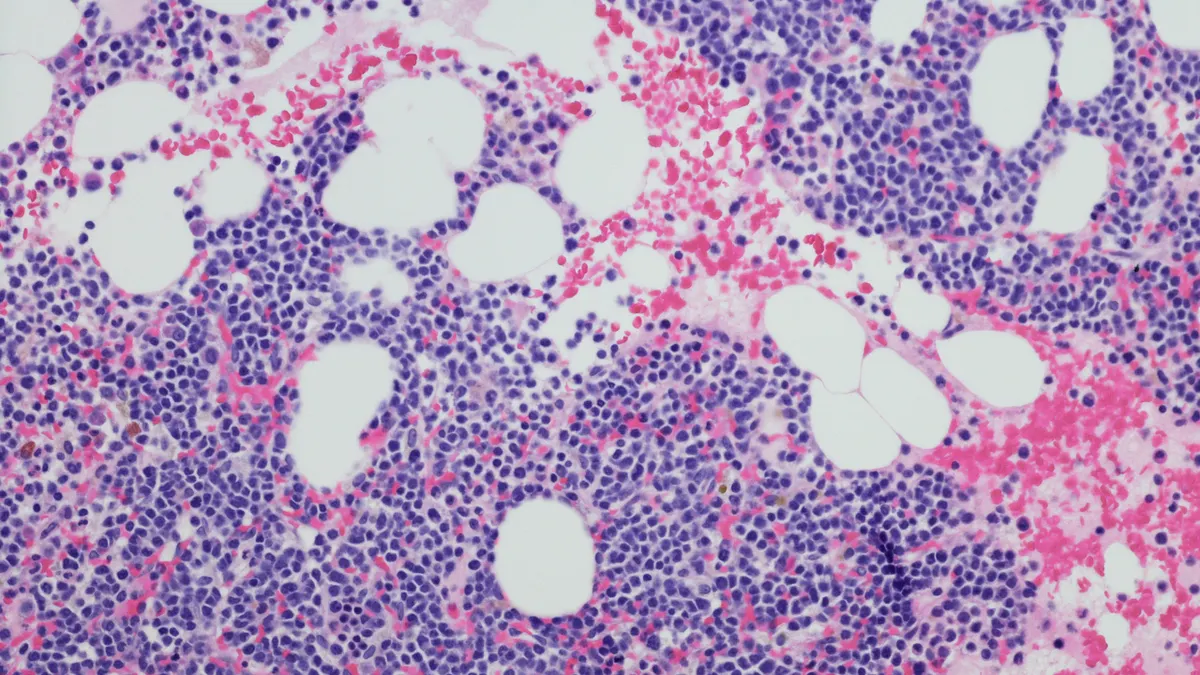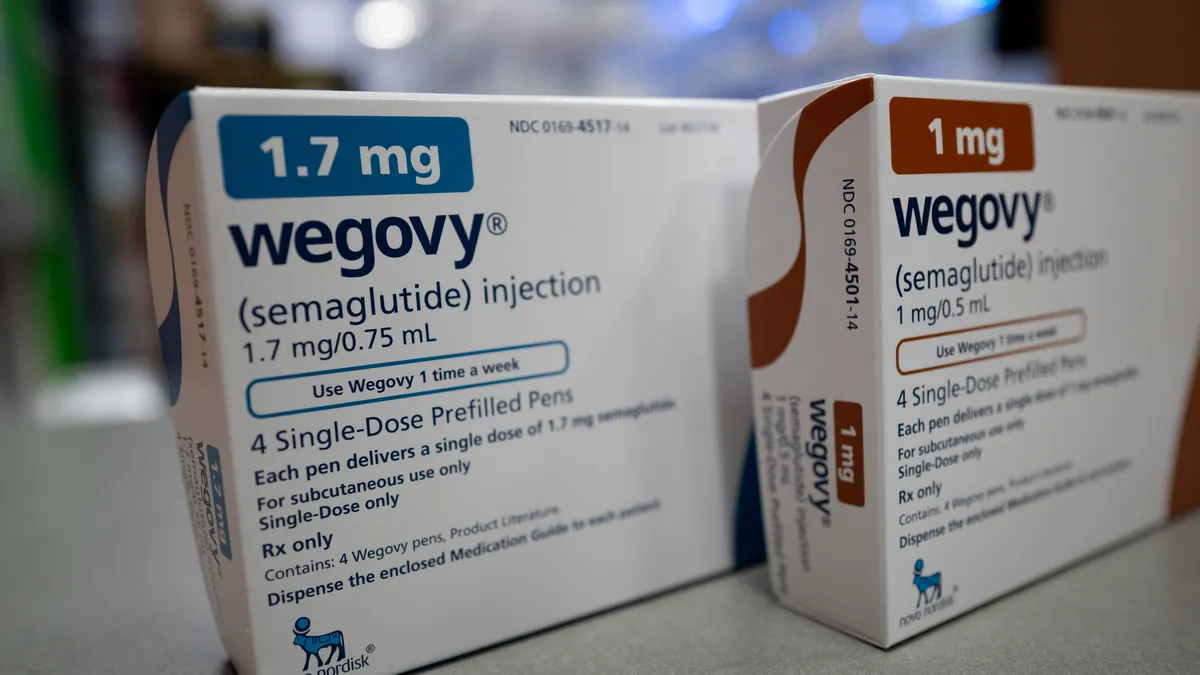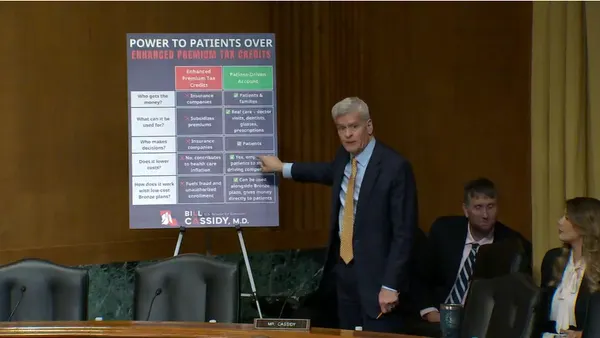Biohaven’s top executive said his team is well-prepared to sell a therapy that could be not only the first approved medicine for a group of rare brain diseases, but also the company’s first commercial product since it sold off its main revenue driver a few years ago.
After some delays, the Food and Drug Administration is set to issue an approval verdict on this medicine sometime between October and the end of December. If cleared for market, the oral drug would be sold as Vyglxia and used to treat patients with spinocerebellar ataxia, a type of genetic disorder where the progressive erosion of nerve cells causes problems with movement, coordination and brain function.
Pending approval, Biohaven would be “ready to ship on Day 1,” according to CEO Vlad Coric. The company already has in place a patient hub, nurse managers, specialists to negotiate coverage with insurance companies, as well as the “basic constructs” of a small sales team for Vyglxia.
“There’s a number of patients who are waiting,” Coric said on Wednesday, during a healthcare conference hosted by the investment bank Cantor Fitzgerald. “We're ready to go. We're just waiting on the FDA.”
Biohaven today is referred to by some as the “2.0” version of the original company, which made a name for itself developing and then securing approval for the migraine drug Nurtec ODT. Despite competition from the much larger AbbVie, which sold a similar drug, Biohaven quickly carved out a substantial portion of the migraine treatment market and was recording more than $450 million in annual sales from Nurtec by the end of 2021.
That success piqued the interest of Pfizer, which, in the spring of 2022, agreed to buy Biohaven for its migraine business. After that nearly $12 billion deal closed, the remaining pieces of Biohaven were spun out into a new company operating under the same name.
Coric envisions the Vyglxia launch being “very different” than its predecessor. It will be much smaller, more streamlined, cost considerably less and likely be accomplished with a sales team that, in size, is less than 10% of what the company deployed to sell Nurtec.
Additionally, Biohaven won’t have to worry about any direct competitors, as there are no other drugs currently available for spinocerebellar ataxia. “Thankfully, we're not going to have the epic David versus Goliath, Biohaven versus AbbVie,” Coric said.
The commercial activities won’t be entirely divergent, however. Coric acknowledged that, with Vyglxia, investors should expect to see a “modern day launch” and some of the same themes that defined Nurtec’s debut. There, Biohaven ushered its drug into the zeitgeist through ads on racecars and TikTok, as well as endorsements from celebrities like Khloe Kardashian.
Coric estimated that, already, around 400 people are taking Vyglxia through so-called open-label and expanded access programs. Biohaven would work to “immediately convert” those patients upon the drug’s approval.
But the plan more broadly is to direct the company’s sales team at the roughly two dozen “centers of excellence” for spinocerebellar ataxia, along with another roughly 70 facilities specialized in movement disorders. Coric said that, of the 15,000 or so patients in the U.S., the “vast majority” are covered by these sites. Biohaven estimates about half of that population — between 6,000 and 7,000 patients — will be reachable at Vyglxia’s launch.
Coric also noted how some people might suspect they have this disease but not have gotten tested because there are no approved therapies. As such, Biohaven will be “pretty aggressively” sponsoring genotype testing to identify more potential patients.
Elsewhere, Biohaven still intends to secure approval in Europe. The company pulled a marketing application there earlier this year, after concluding a key regulatory committee was not going to give Vyglxia a classification that carries substantial commercial benefits. That classification is only for chemicals not previously authorized in Europe. Notably, Vyglxia works by breaking down into a drug already cleared in the U.S. and Europe as a treatment for ALS.
According to Coric, Biohaven gathered more data to help its case and has notified European regulators it expects to refile for approval.
In April, private investment firm Oberland Capital agreed to invest up to $600 million in Biohaven. In exchange, it nabbed rights to tiered royalties on global sales of Vyglxia. Leonid Timashev, an analyst at RBC Capital Markets, wrote in a note to clients that the deal's terms suggest annual sales of the drug are expected to reach $1.3 billion by 2030 and ultimately peak at $1.9 billion.
That's "largely similar" to RBC's estimates, Timashev wrote.
Editor’s note: This story has been updated to include information from an RBC analyst note.






















